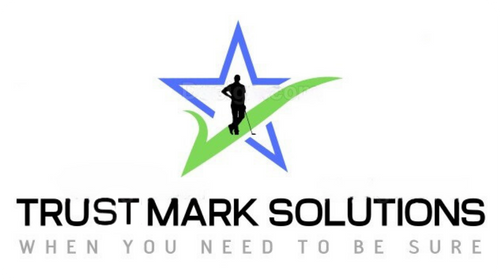Call us now:

Why Final Random Inspection (FRI) Is Crucial for Global Shipments
In the world of global textile trade, quality is not just a competitive advantage—it’s a contract. For buyers and brands across the globe, consistent product quality is non-negotiable. That’s where Final Random Inspection (FRI) becomes a critical checkpoint before your goods leave the factory floor.
If skipped or rushed, a missed FRI can result in rejections, returns, and reputation damage—especially in export-oriented production. Here’s why this final step matters more than ever.
What Is Final Random Inspection (FRI)?
Final Random Inspection is the last quality control measure conducted when 100% of the order is produced and at least 80% is packed. A random sample is selected from the total shipment using international sampling standards (e.g., ANSI/ASQC Z1.4, ISO 2859-1).
The goal is simple:
To verify that the final products meet buyer specifications in terms of quantity, appearance, labeling, packaging, measurements, and functionality.
Why FRI Is Crucial for Export Success
1. It’s the Last Line of Defense
Once goods are shipped, there’s no turning back. FRI catches critical defects and inconsistencies that might have slipped through earlier inspections, avoiding costly returns and chargebacks.
2. Buyer Confidence
International clients rely on independent third-party or in-house FRIs to validate their sourcing quality. A well-documented FRI builds trust and strengthens long-term relationships.
3. Protects Your Brand Reputation
One bad shipment can erode years of goodwill. FRI ensures that what reaches your customer matches their expectation—helping safeguard your brand’s global image.
4. Compliance with International Standards
FRI processes often align with retailer-specific or ISO quality guidelines. Skipping this step may lead to non-compliance penalties or loss of business with major buyers.
5. Reduces Rework and Air Freight Costs
Identifying issues before dispatch allows for local corrections instead of expensive air shipment replacements or warehouse recalls.
What a Good FRI Should Include
A professional FRI process should cover:
Visual Inspection – Checking workmanship, defects, stains, loose threads, etc.
Measurement Check – Ensuring garments match size specs.
Label & Packaging Verification – Correct placement, barcode, and packing method.
On-Site Testing – Zip test, button pull test, seam strength, color matching, etc.
Carton Drop Test – To check packaging durability during transit.
Documentation – Detailed reports with photos, results, and approval status.
At Trust Mark Solutions, We Get It Right the First Time
With over 30 years of technical expertise in textile QA/QC, Trust Mark Solutions provides end-to-end inspection services—including Final Random Inspections that align with global buyer expectations.
We don’t just find defects—we prevent them with proactive quality systems, skilled auditors, and transparent reporting.
